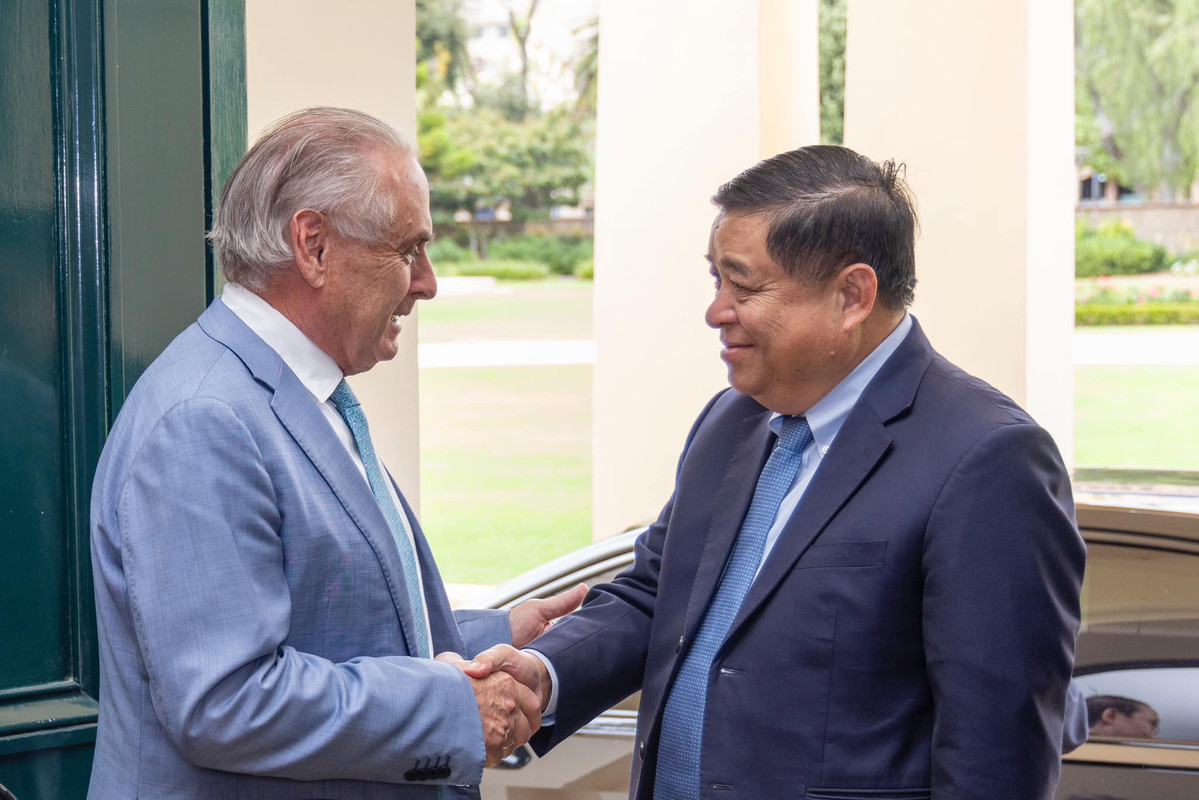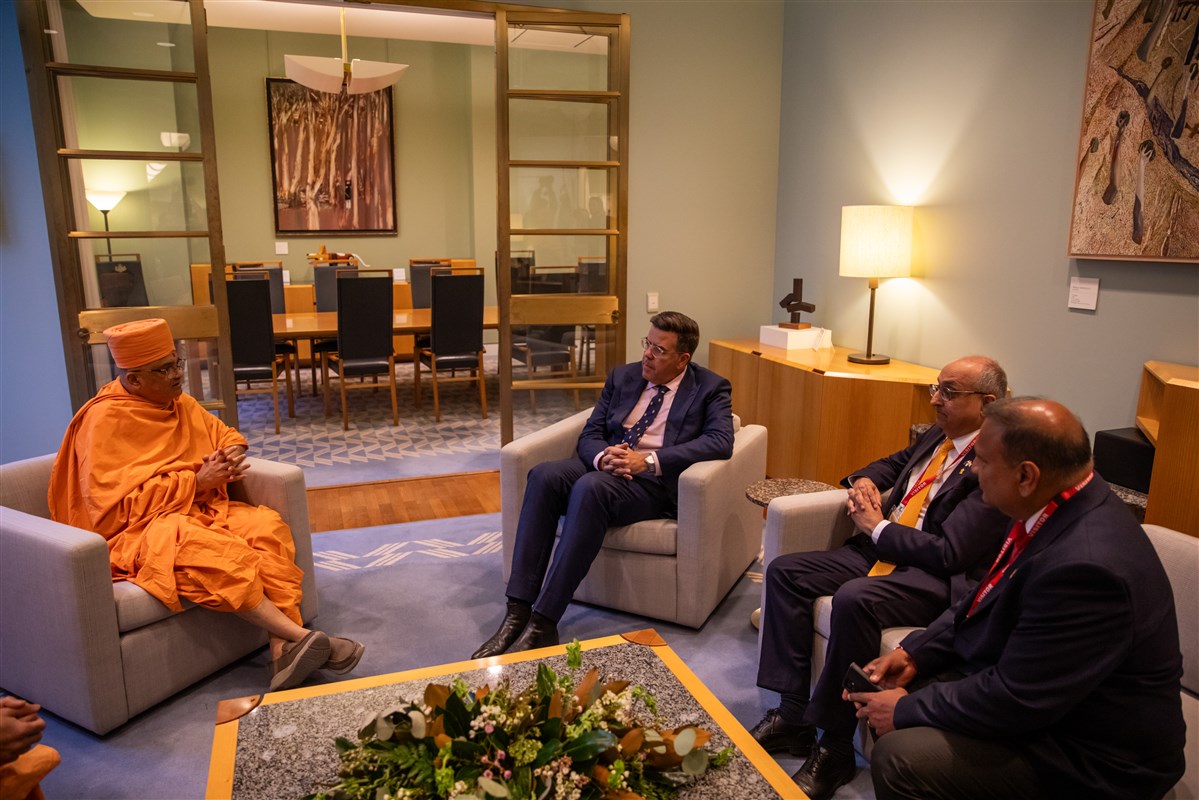- May 4, 2021
- 3,615

| To: <Department of Foreign Affairs and Trade of the Commonwealth of Australia> Owen From: <Sarabun@mfa.mail.go.th> Subject: Enhancement of the Bilateral Relationship Between Thailand and Australia Security Type: NSST 1.0 Architecture | Secret and Encrypted |
To the Department of Foreign Affairs and Trade of Australia,
The Ministry of Foreign Affairs of the Socialist Republic of Thailand extends its highest regard to the Department of Foreign Affairs and Trade of the Commonwealth of Australia and takes the honor of conveying the Government’s intent to deepen the foundation of our bilateral relations through mutual respect and shared aspirations.
Recognizing Australia’s pivotal role as a dynamic force in Oceania and the Pacific, Thailand is confident that a partnership rooted in equity and collective vision can advance a more just and harmonious Asia-Pacific. Such collaboration would stand as a testament to our shared dedication to human dignity and regional prosperity.
In this spirit, the Ministry of Foreign Affairs proposes that His Excellency Surin Pitsuwan, Director-General of the Department of ASEAN, Oceania, and Pacific Affairs, undertake an official visit to Australia. This visit would provide a valuable opportunity to engage in strategic and transparent dialogues aimed at strengthening our mutual cooperation in alignment with our common values.
The Ministry reiterates its profound appreciation for the Australian people, their vibrant culture, and their enduring contributions to global advancement. We anticipate your favorable response with great optimism and remain committed to fostering a partnership reflective of our shared ideals.
Sincerely,
Surin Pitsuwan
Director-General
Department of ASEAN, Oceania, and Pacific Affairs
Republic of Thailand
Recognizing Australia’s pivotal role as a dynamic force in Oceania and the Pacific, Thailand is confident that a partnership rooted in equity and collective vision can advance a more just and harmonious Asia-Pacific. Such collaboration would stand as a testament to our shared dedication to human dignity and regional prosperity.
In this spirit, the Ministry of Foreign Affairs proposes that His Excellency Surin Pitsuwan, Director-General of the Department of ASEAN, Oceania, and Pacific Affairs, undertake an official visit to Australia. This visit would provide a valuable opportunity to engage in strategic and transparent dialogues aimed at strengthening our mutual cooperation in alignment with our common values.
The Ministry reiterates its profound appreciation for the Australian people, their vibrant culture, and their enduring contributions to global advancement. We anticipate your favorable response with great optimism and remain committed to fostering a partnership reflective of our shared ideals.
Sincerely,
Surin Pitsuwan
Director-General
Department of ASEAN, Oceania, and Pacific Affairs
Republic of Thailand
Digital Diplomatic Communication







